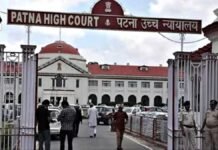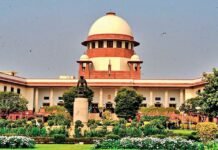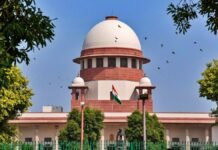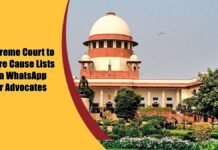
New Delhi: The Supreme Court on Monday decided to refer the petitions challenging the electoral bonds scheme, which allows anonymous donations to political parties, to a Constitution bench of five judges. The hearing of the petitions will commence on October 30. The order was passed by a three-judge bench comprising Chief Justice DY Chandrachud, Justice JB Pardiwala, and Justice Manoj Mishra.
The bench said it received an application from one of the petitioners seeking an urgent hearing of the matter by a larger bench, as the scheme has serious implications for democracy and transparency in political funding. The bench noted that the issue raised in the petitions is of great importance and requires an authoritative pronouncement by a Constitution bench under Article 145(4) of the Constitution.
The electoral bonds scheme was introduced by the government in 2017 through amendments in various laws, including the Income Tax Act, the Representation of People Act and the Companies Act. The scheme allows individuals and companies to buy electoral bonds from the State Bank of India (SBI) in denominations ranging from Rs 1,000 to Rs 10 crore and donate them to any registered political party within 15 days. The identity of the donor and the recipient is not disclosed to the public or the Election Commission.
The scheme has been challenged by several petitioners, including NGOs, activists, former civil servants and political parties, on various grounds. They have alleged that the scheme violates the fundamental rights of citizens, such as the right to information, the right to equality and the right to live in a corruption-free country under Article 21 of the Constitution. They have also argued that the scheme facilitates money laundering, black money and foreign influence in Indian politics.
One of the petitioners, lawyer Prashant Bhushan, appearing for the Association for Democratic Reforms (ADR), had submitted before the bench that the scheme needs to be judicially scrutinized before it is used for the 2024 general elections. He had cited data from ADR showing that electoral bonds worth Rs 12,000 crore have been sold so far, out of which two-thirds have gone to a single political party. He had also pointed out that most of the bonds are purchased in high denominations, indicating corporate influence.
The government has defended the scheme, saying that it is aimed at curbing cash donations and bringing more transparency in political funding. It has also claimed that the scheme protects the privacy and safety of the donors and prevents harassment by rival parties. It has further contended that the scheme is in accordance with the recommendations of various committees and experts on electoral reforms.
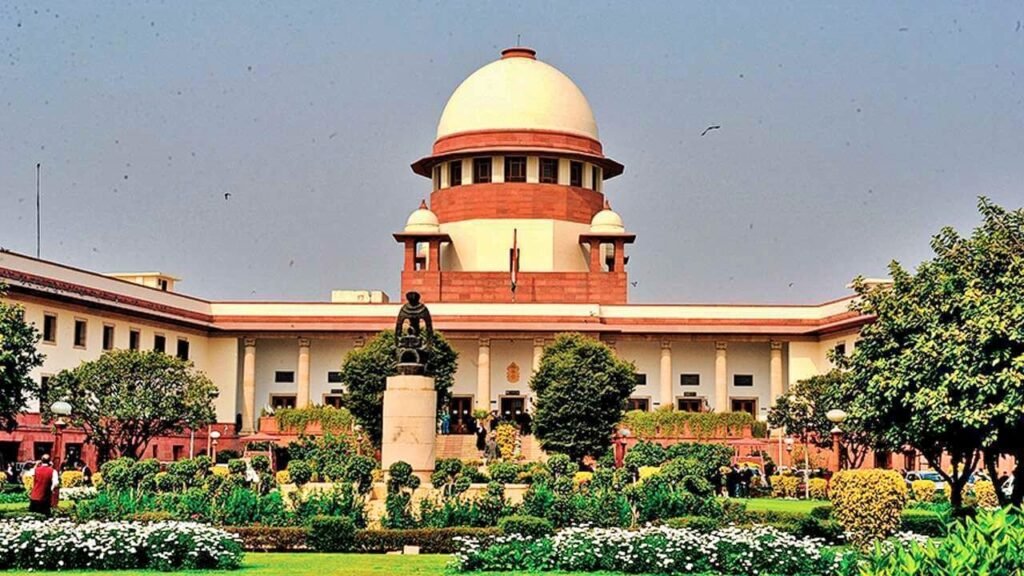
The Supreme Court had earlier refused to stay or scrap the scheme in 2018 and 2021, saying that there were sufficient safeguards in place. However, it had directed all political parties to submit details of donations received through electoral bonds to the Election Commission in sealed covers. It had also said that it would examine the constitutional validity of the scheme at a later stage.


















